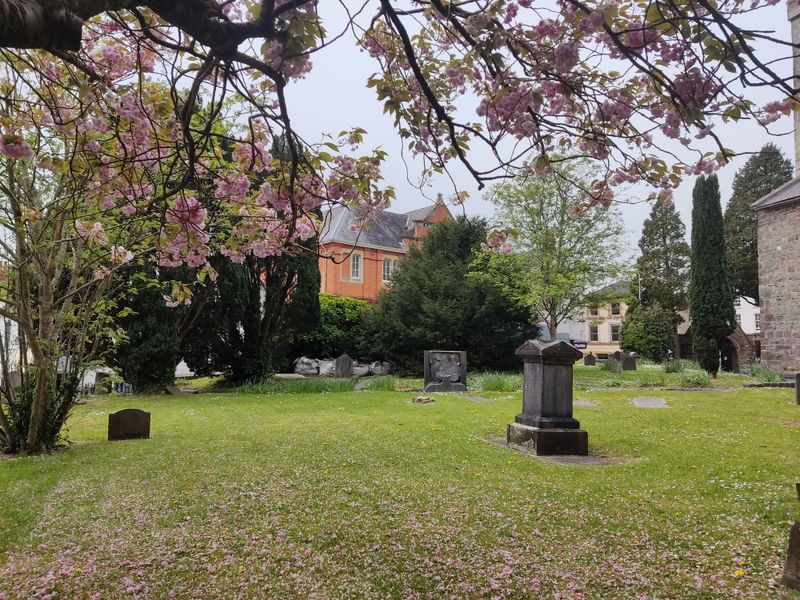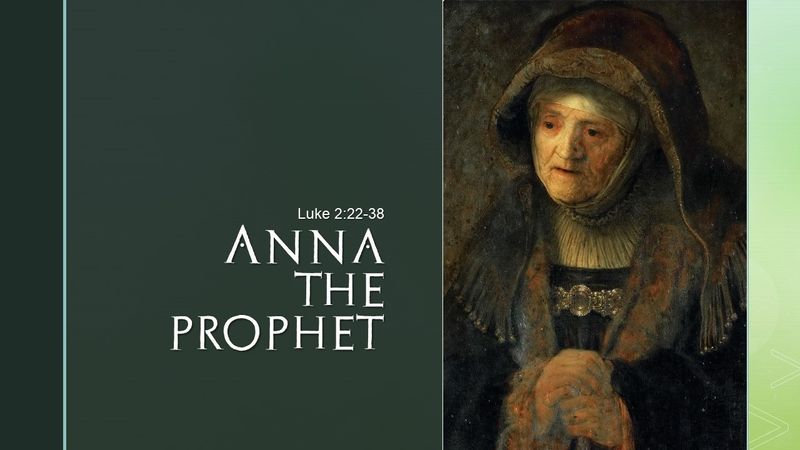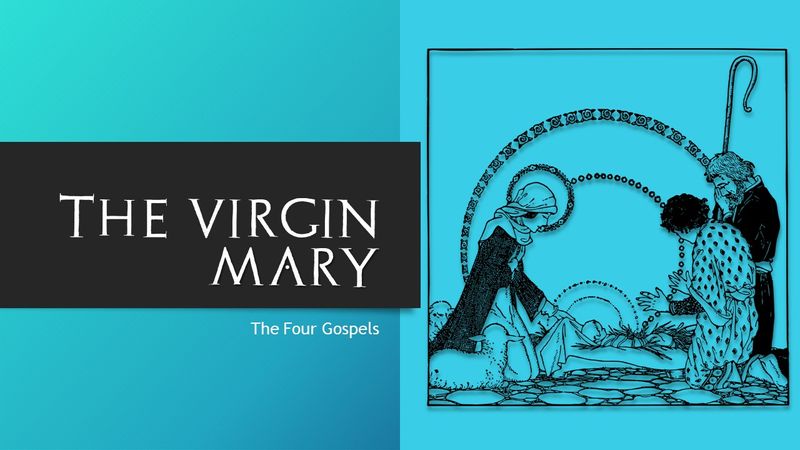Day 7, It Is Finished
The seventh day was the first thing to be made sacred by God in Scripture. Later, when Moses recorded God’s ten commandments, the fourth one about keeping the Sabbath is grounded in this passage, right here.
So, what are we to make of all this? What can this millennia-old account of creation have to do with you and me, in our world of science and technology, reason and practicality? And this is where theology comes in–not trying to make the science we have so far fit with this ancient record, and not trying to decide what’s “true,” for our today science, or for the science of antiquity.
This story was told to get across some key principles of how we humans are to see our place in the grand metanarrative of creation.
- While the rest of the western world has ramped up the pace in every aspect of life, seeking to fill every moment with productivity, where worldly wisdom insists quality time can replace (or perhaps trump) quantity of time, it is notable that God took His time.
He is, after all, the mighty all-powerful potentate of the universe. He is infinite and eternal in all of Who He is. His power and creativity are inexhaustible. Therefore, God could certainly have created all that is, in a moment. Yet, the Lord chose to span the course of His creative acts over six time periods, and He chose an entire time period, of equal length with the others, to admire, and enjoy His works.
In the original ancient text, the seventh day was described in the seventh paragraph of the creation story. In fact, this is the seventh paragraph, on the seventh day of creation. “Seven” symbolizes perfection, wholeness, and completeness, there is nothing else to be added. It is finished.
The seventh paragraph has thirty-five words, Seven times five. “Five” was the ancient symbol of God’s grace. It is, in its way, the perfection of perfect grace.
God created for six days and then He rested; that is, on the seventh day, God entered into a relationship with His creation. God praised His work, enjoying all that He had made, finding pleasure in it, the overflow of His love and happiness going out to the whole universe.
The word “seven,” the word “Sabbath,” and the word “rest,” are all the same basic word in Hebrew, Shabat, seven, Sabbath, rest.
God stopped because He was through. Creation was finished, and what God had done deserved honor and praise, to be taken great pleasure and joy in. God took His time. Therefore, we, as His image bearers, are to enjoy His creation, and our own work as well. When we produce something good, it is godly to enjoy it.
- God was careful to assign governance and boundaries to each aspect of His creation—the celestial orbs have governance over seasons, tides, migrations, and prophetic harbingers of God’s arrivals. Each variety of life was given its ecosystem, and its kind. Humankind was also given governance over the all the earth, as representatives of God’s presence.
It is significant that God did not give human beings rankings—it was not the Lord who advised the most powerful, the smartest, the most able, or technologically advanced to be given more privilege and authority. God spoke very clearly to humanity, in His instructions to them. (this idea is not new to me. In his book “Beyond Sex Roles: What the Bible Says about a Woman’s Place in Church and Family,” Gilbert Bilezekian makes an excellent case for this insight.)
According to the Christian Standard Bible translation (Genesis 1:28-30):
“God blessed them,” [emphasis mine; male and female, woman and man]
“and God said to them,” [emphasis mine; female and male, both the man and the woman]
“Be fruitful, multiply, fill the earth,” Though the woman would be the bearer of each new human life, she could not bring them forth without the man. By the same token, the man would be profoundly helpless in bringing forth life without the woman.
“and subdue it.” ‘Subdue’ in the way the Lord would lovingly transform new and wild into seasoned and well-formed, mature, lacking in nothing.
“Rule the fish of the sea, the birds of the sky, and every creature that crawls on the earth.” Again, ‘rule’ in the way the Lord governs His universe, with love and wisdom, gentleness and intent to bring to full potential.
“God also said, ‘Look, I have given you every seed-bearing plant on the surface of the entire earth and every tree whose fruit contains seed. This will be food for you, for all the wildlife of the earth, for every bird of the sky, and for every creature that crawls on the earth—everything having the breath of life in it—I have given every green plant for food.’”
God was detailed in His instructions, and specific. Had He desired to rank human beings in the way He had ranked other life forms, and the sky’s constellations, He certainly would have done so. But, He pointedly did not.
The church, then, is to be the display of God’s original intent—that humanity together, without ranking, to govern not each other, but the earth, with the same pleasure, grace, joy, satisfaction, and measured time that God Himself gives.
Among each other, the church is to display the very image of God in joyful cooperation, and collaboration; that all persons within the church share equally in all aspects of the life of the church just as all Persons within the Godhead share equally in all aspects of Who God is.
[Episodes in the book of Genesis. Oil painting by a Spanish painter. Wikimedia Commons, Public Domain]




